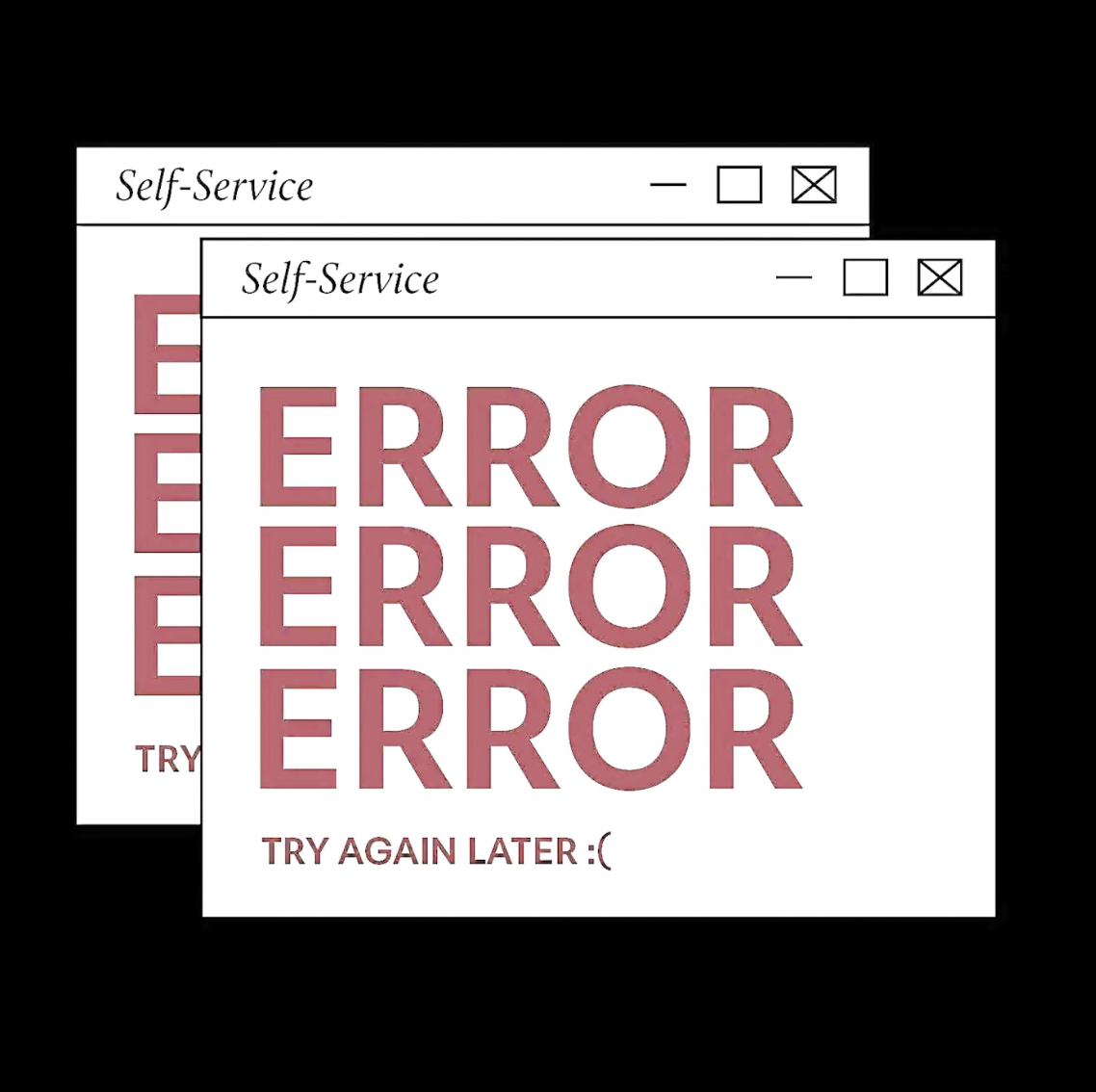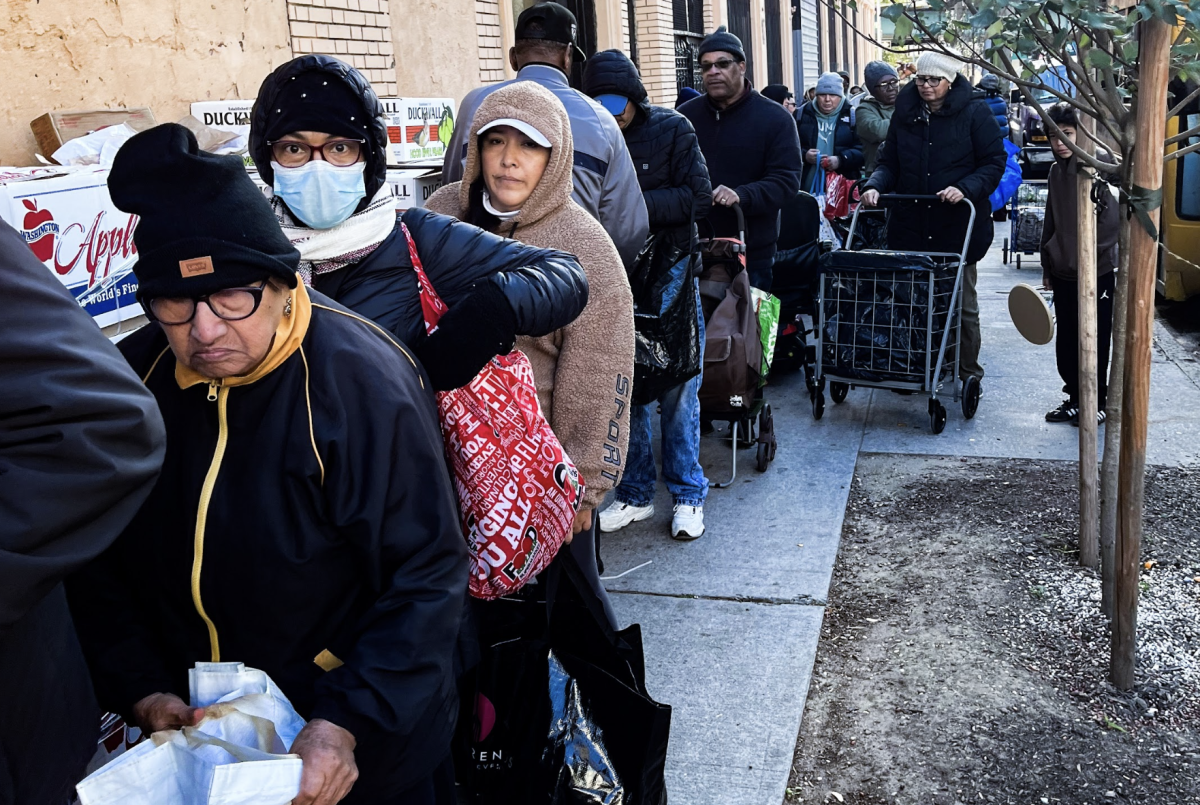Universities occupy a unique social and architectural space. In a modern world that is increasingly fragmented and partitioned both figuratively and literally, universities are a beacon of openness. Today, all public spaces, national parks, airports, monuments, even places as mundane as malls, are fraught with an edifice of security including checked bags, closed doors and “do not enter signs.” By comparison, universities have embraced a philosophy of openness both inside and outside of the classroom. At Loyola University our classes are spaces of free thinking, critical engagement and conversation. The green space of connecting Palm Court to Monroe Library encourages us to mix and mingle. In these open green spaces we play music together, we throw around frisbees, we do homework, and above all, we engage with one another. Universities are designed to open themselves up to students, faculty, staff and the wider community so that campus can become a place of connection. This connection and engagement with each other and with our ideas is part of a university’s foundational mission; it is built into our campus design.
This spirit of openness has been a characteristic of Loyola’s campus and the Loyola experience, but this year we feel this is in jeopardy. The new dorm policies that require advanced permission for guests staying more than one night and increase desk assistant shift times to four hours threaten Loyola’s unique position as a free and public space. While any public space must balance the need for security and order with the need for freedom of movement, we feel that these new policies do not offer significant new security protection but rather impose cumbersome regulation. If the impetus behind these regulations lies in keeping students safe, we fail to see not only how student desk assistants will be able to effectively enforce these new rules without increased authority, but also how more record keeping can prevent people from breaking rules or even crime. Engaging with one another in a free space means that, as students, we must place some of the onus on ourselves to act responsibly in tandem with existing university regulation, not to add new layers of bureaucracy.
There must be a compromise between regulation and laxity, and as we make our home at Loyola we want to feel safe. But as students making our home here, we also want to live in a community where we feel free to come and go with each other and those we invite to our dorms. Safety and security on campus is of course the number one priority, but it is not the only priority we should consider.
A university is a space of intellectual openness, but it is also a place of growth. We come to Loyola as students and become scholars, musicians, writers, athletes and artists, but beyond these intellectual and professional achievements we become adults. To succeed and live effectively in a community together, we do need regulation; we need first to feel safe if we are to feel free. But to thrive at Loyola, we need this feeling and space of openness to grow. We need a fence, but we do not not to feel hemmed in by outrageously early quiet hours at Carrollton and times for our friends to leave. As young men and women in this transitional step from adolescence to young adulthood, we want need to find a compromise to engage freely inside and outside the classroom.












